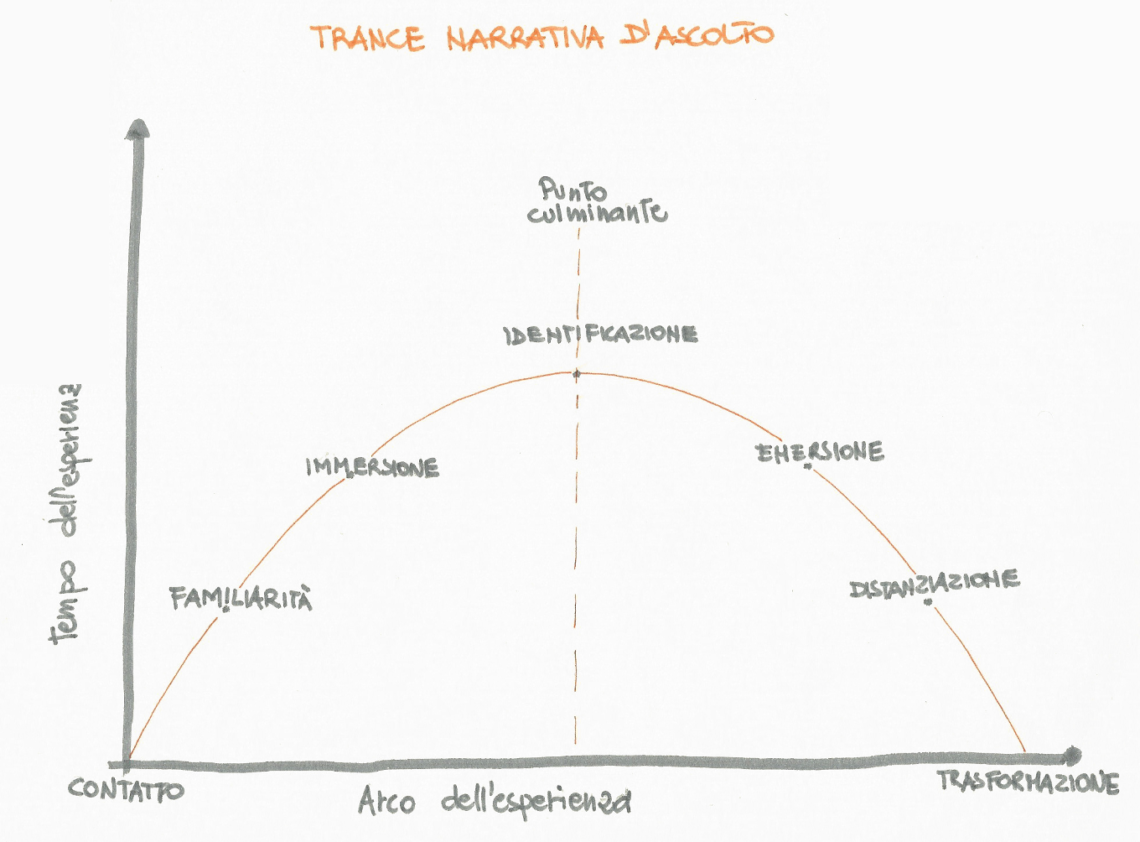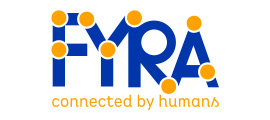The writer has the responsibility of the reader

Have you ever thought about what a disgruntled reader feels?
To the thoughts of those who get lost in front of the repulsive texts they read every day at work or outside work?
I'm not talking about fiction here, but about everything else.
Even the message "do not open this door" taped to the door in question is a text, so to speak.
Whoever reads a text that he must understand cannot act on anything. He can't change it; he cannot ask questions of whoever wrote it or, if he can, he "doesn't dare"; one must trust whoever translated it, if he reads words originally written in a different language (the question does not arise for a novel, but if he has to understand a contract in order to then sign it?).
And so I ask myself: how can the disgruntled reader feel his annoyance when he has to re-read three times, his frustration when he doesn't understand, his disillusionment when he realizes that behind the words there is only nothingness?
Three states of discontent
These are the words that the disgruntled reader would use if he could talk to someone who wrote a repulsive text, in my opinion:
There is not enough information , or you have crammed too much information into this text ; you wrote me nothing that I did not already know , or you took for granted knowledge that I do not have . NUISANCE
I don't understand what you wrote and I feel like leaving it alone or I'm having too much trouble realizing if what I understood is right or makes sense . FRUSTRATION
I didn't see you behind the words , are you a person or a synthetic voice? Or there are too much you behind your words , you have not taken into consideration my needs and my needs. DISILLUSION
Annoyance, frustration and disillusionment are three states of discontent so schematically indistinguishable from each other, but we need to translate them into concrete words to understand how to intervene, how to take charge of this loneliness.
The reader is a monad
Thinking about the solitude of the reader, a phrase by Carlo Emilio Gadda came to mind:
The audience listening to a conversation is an audience in a manner of speaking. In reality we are dealing with "individual persons", monads or units, separated from each other. Each listener is alone: in the sweetest of hypotheses he is in the company of a "few close friends".
Gadda speaks of a "listener", but if you transform him into a "reader", the concept is perfect all the same.
This passage can be found in Norms for the preparation of a radio text , written briefly in 1953, yet very current. These are writing tips for the authors of Rai radio tre that also work for us when we write texts that need quick digestion: clear, simple, concrete and close.
Further on, Gadda always speaks of the spiritual fading of reception : that state of anxiety, irritation and annoyance that seizes the radio listener when the author of the program displays his intellectual superiority. For our disgruntled reader, think of it as that feeling of disconnection, of mental emptiness that is triggered at a certain point in the reading and that irreversibly brings him out of the narrative listening trance. I'll talk about the reason why this feeling is triggered in a moment, follow me.
Difficult to glue the reader to the page
Listening narrative trance is a term that has nothing to do with Gadda, but which I borrow from the storytelling expert Andrea Fontana: here you can review his scheme in a handcrafted version

The concept of trance was conceived by Fontana for stories: it makes you understand how many phases those who read, listen or watch go through. It is reassuring to see that at the end of the curve, if the story has worked, those who have immersed themselves in the experience come out a little different than they were, a little transformed, a little "other". You can apply this scheme to any text our reader is faced with: how wonderful if all the things we write could be transformative even for an infinitesimal fragment, right?!
Instead.
Instead, often, the reader leaves.
What makes him give up reading after two lines? Or: what bothers him so much that he drops the text shortly before reaching the end?
Long sentences? Convoluted syntax? Difficult words? Spelling mistakes? Boring topic? Lack of personality? Expanded ego (whose writer)? Logical steps skipped? pedantic tone? I accept assumptions.
The writer has the responsibility of the reader
So, to prevent the reader from sinking into discontented loneliness and eventually leaving, my suggestion is above all one: write simple.
Basically:
- use clear and concrete words: that is, words that refer to things, rather than abstract concepts
- stay away from courtly , bureaucratic , redundant expressions that make reading a gymkhana
- use a linear syntax : that is, break the chains of subordinate clauses that ring one another and keep the subject, verb and complement close together
- use more verbs than nouns to set sentences in motion
- make the text flow using simple prepositions, bullets and colons.
With these tools you can then build a thousand artifacts: technical, commercial, marketing, scientific, legal.
The important thing is to create a solid structure that can withstand efforts, that yields when necessary, or that vibrates. May it be flexible, but resist.
I'll end here with some advice that Gadda gives to radio writers, but again, think about it for any type of writing:
The equal must speak to the equal, the free citizen to the free citizen, the thinking brain to the thinking brain. The radio collaborator must not present himself to the radio listener as a teacher, pedagogue and even less as a judge or prophet, but as an informer, a pleasant interlocutor, a friend.
When you subscribe to the blog, we will send you an e-mail when there are new updates on the site so you wouldn't miss them.
By accepting you will be accessing a service provided by a third-party external to https://www.insightadv.it/


































































Comments